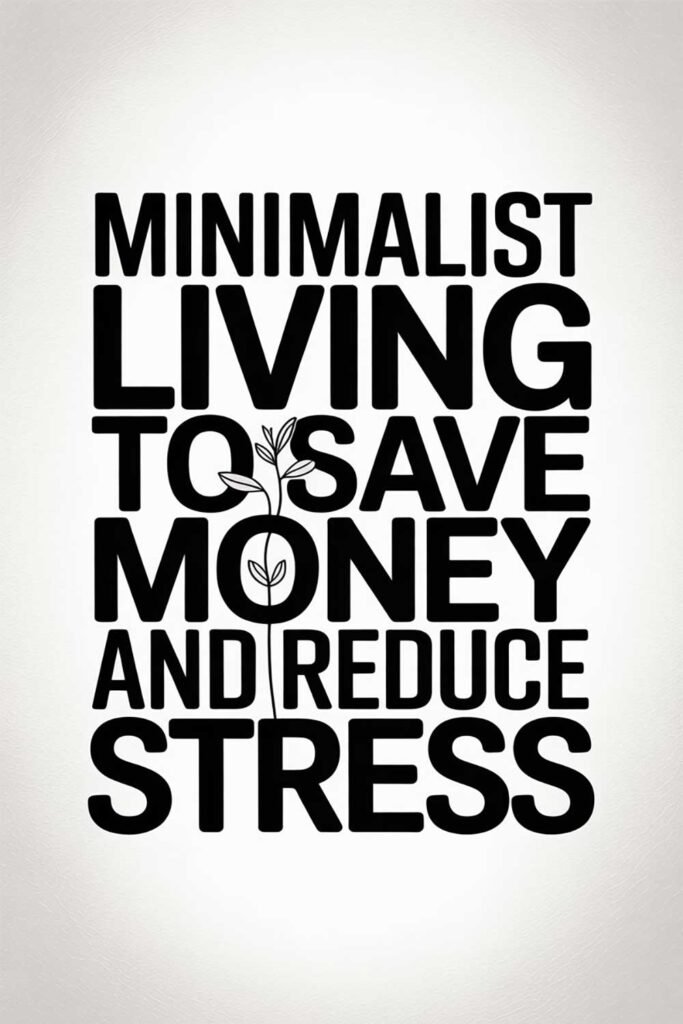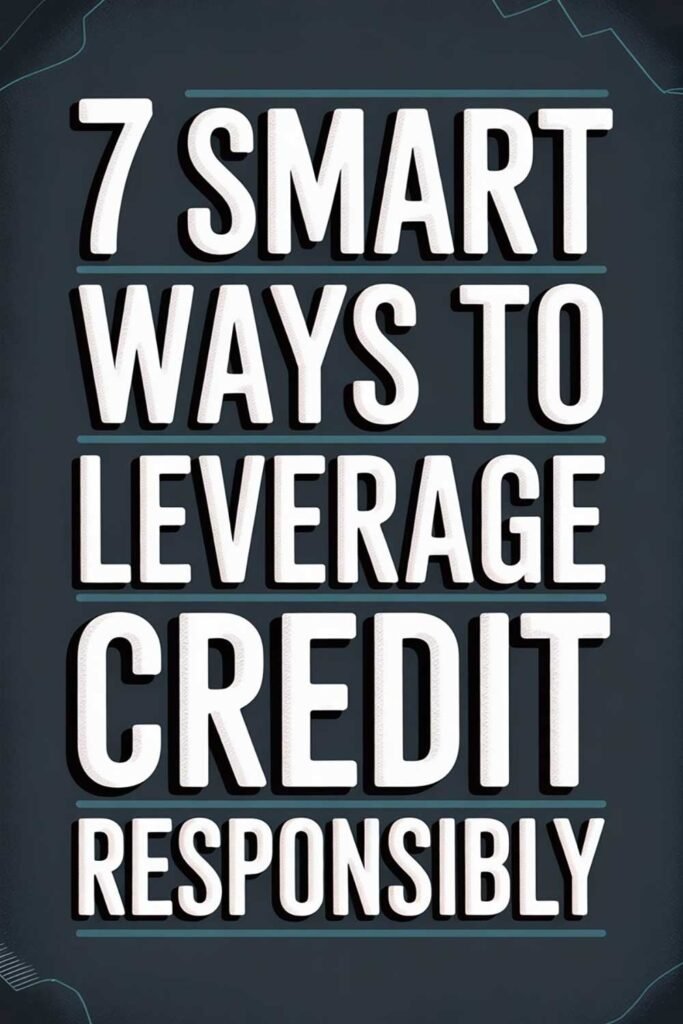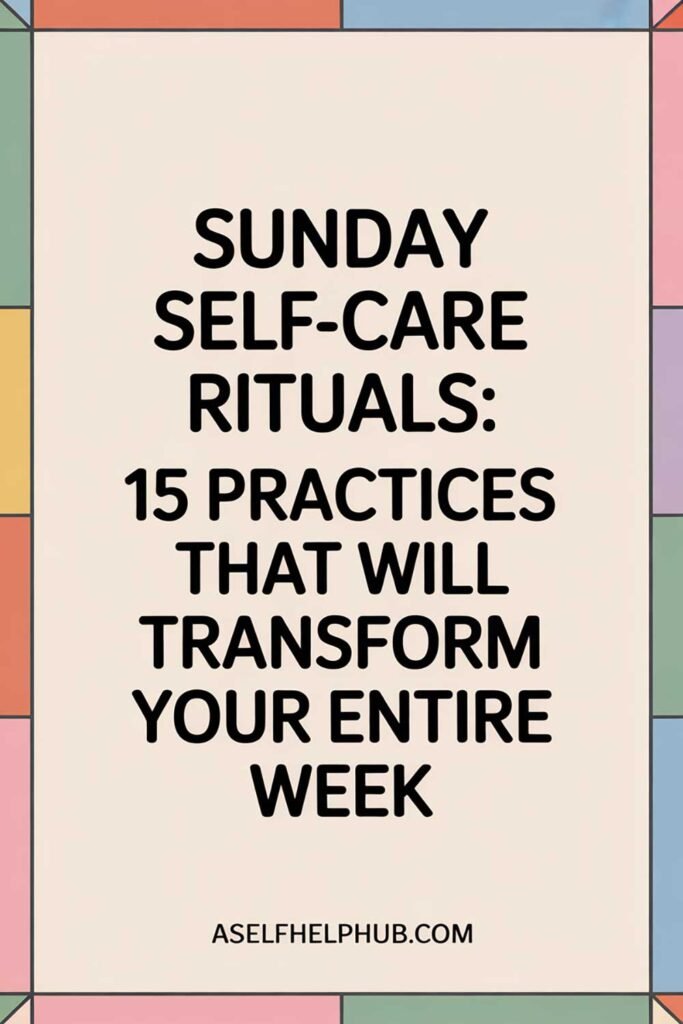12 Proven Ways to Build an Emergency Fund Quickly
Life happens fast. A sudden job loss, medical bill, car repair, or unexpected expense can throw your entire financial world into chaos. That’s why building an emergency fund is one of the smartest and most empowering money moves you can make. Even better? You don’t need to wait years to build it. With focus and strategy, you can grow your emergency fund faster than you think. Here are 12 proven ways to build an emergency fund quickly—without feeling overwhelmed.

1. Set a Clear, Realistic Goal
Determine how much you need: a good rule of thumb is 3–6 months of essential expenses. Start small if needed—even $500 can make a big difference in a pinch.
Real-Life Example: Maria aimed to save $1,000 in 90 days. She broke it down to $84/week and tracked her progress with a visual savings chart on her fridge.
2. Open a Dedicated Savings Account
Keep your emergency fund separate from your checking account to avoid accidental spending. A high-yield savings account is ideal.
Real-Life Example: Jacob opened a separate online savings account. Out of sight, out of mind helped him save $2,400 in 6 months.
3. Automate Your Savings
Set up an automatic transfer to your emergency fund right after payday. Consistency builds momentum.
Real-Life Example: Sasha automated $50 from each paycheck into savings. She barely noticed it missing, and six months later, had $1,300 saved.
4. Sell Unused Items Around the House
Declutter and cash in! Clothing, gadgets, furniture, and tools can be sold online or at a yard sale.
Real-Life Example: Eric sold old workout gear and electronics through Facebook Marketplace and earned $600 in two weekends.
5. Take on a Temporary Side Hustle
Whether it’s delivering food, tutoring, freelancing, or pet-sitting, extra income can jumpstart your fund fast.
Real-Life Example: Lana drove for a rideshare app on weekends and made $800 in her first month—all of which went directly to savings.
6. Cut One Major Expense Temporarily
Cancel or pause a big monthly expense (like streaming services, subscriptions, or dining out) and redirect those funds.
Real-Life Example: David paused his gym membership for 3 months and worked out at home. He saved $210 toward his emergency fund.
7. Use Tax Refunds or Bonuses Wisely
Instead of splurging, use windfalls to build financial security.
Real-Life Example: Karen received a $1,200 tax refund and sent $1,000 straight to her emergency fund.
8. Round Up and Save the Change
Apps like Acorns, Qapital, or banking features that round up your purchases can build your savings passively.
Real-Life Example: Ben used a roundup savings app and accumulated over $500 in less than a year without changing his spending habits.
9. Cash-Back and Rebate Programs
Use cashback from credit cards or rebate apps like Rakuten, Ibotta, or Honey, and funnel those earnings into savings.
Real-Life Example: Allie used Rakuten for online shopping and cashed out $230 over a few months, which she added to her emergency fund.
10. Cut Utility and Grocery Costs
Lower bills by turning off lights, unplugging electronics, meal planning, and using coupons. Redirect savings to your fund.
Real-Life Example: Tom saved $40/month by switching energy providers and clipping grocery coupons. In 6 months, that became $240 saved.
11. Challenge Yourself With a No-Spend Week (or Month)
Eliminate all non-essentials temporarily. This creates instant savings and resets your spending habits.
Real-Life Example: The Ramirez family did a no-spend January and saved over $600 by skipping dining out, entertainment, and shopping.
12. Turn Your Hobby Into Cash
Monetize what you love—art, baking, crafting, writing, or photography.
Real-Life Example: Tina started making candles on weekends. She made $1,500 in three months selling them on Etsy and saved every dime.
20 Inspirational Quotes About Saving and Emergency Preparedness
- “Save money, and money will save you.” — Jamaican Proverb
- “Do not save what is left after spending, but spend what is left after saving.” — Warren Buffett
- “A penny saved is a penny earned.” — Benjamin Franklin
- “An emergency fund is peace of mind in a savings account.” — Unknown
- “Financial freedom is a mindset, not a dollar amount.” — Dave Ramsey
- “It’s not your income that determines wealth, it’s your habits.” — Thomas J. Stanley
- “Prepare for the worst, hope for the best.” — Maya Angelou
- “Discipline is choosing between what you want now and what you want most.” — Abraham Lincoln
- “Small leaks sink great ships.” — Benjamin Franklin
- “Budgeting is not about limiting yourself—it’s about making the things that excite you possible.” — Unknown
- “Security doesn’t come from your job. It comes from your savings.” — Unknown
- “Saving money is a form of self-respect.” — Unknown
- “Success is when preparation meets opportunity.” — Seneca
- “Don’t wait until you need it to start saving it.” — Unknown
- “Wealth is the ability to fully experience life.” — Henry David Thoreau
- “Emergency funds are not a luxury—they’re a necessity.” — Unknown
- “When you have savings, you have options.” — Suze Orman
- “Money in the bank is a cushion for the soul.” — Unknown
- “Live beneath your means, and you can live beyond your fears.” — Unknown
- “It’s easier to save when you make it automatic.” — Unknown
Picture This
Imagine facing an unexpected car repair, job loss, or medical bill without stress. You log into your account and see a healthy emergency fund waiting for you. You feel calm, confident, and in control. Your emergency fund isn’t just money—it’s peace of mind, freedom, and the power to weather any storm.
What would it feel like to know you’re prepared for anything?
Share This Article
Know someone trying to build financial security? Share this article with them or post it on social media. Let’s help more people feel prepared and empowered.
Disclaimer
This article is based on personal experience and general financial strategies. Individual results may vary. Always consult a financial advisor for guidance specific to your situation.






